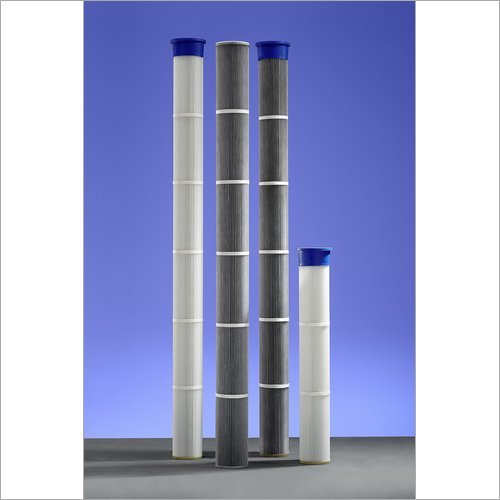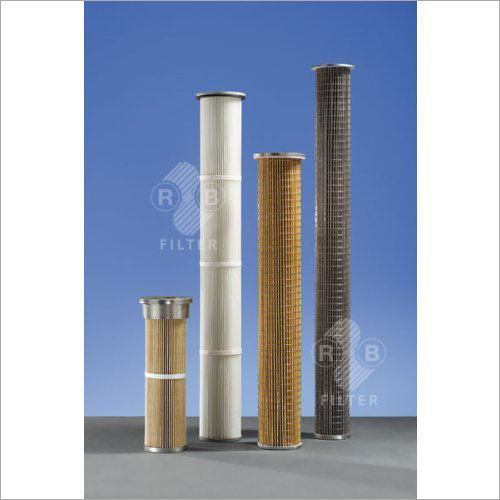GST : 24AADCR2517B1Z0

Filter Bags
3000.0 INR
Product Details:
- Size Standard
- Color White
- Resistance High temperature resistant
- Usage Industrial
- Type Non-Woven Filter
- Material PP
- Click to view more
X
Filter Bags Price And Quantity
- 5 Number
- 3000.0 INR
Filter Bags Product Specifications
- Standard
- White
- High temperature resistant
- PP
- Industrial
- Non-Woven Filter
Filter Bags Trade Information
- 35000 Number Per Year
- 1-2 Week
Product Description
Filter bags are devices used in various industrial and commercial applications to separate particles from liquids or gases. These bags are designed to capture and retain solid particles while allowing the fluid to pass through. The filtration process helps to improve the quality of the liquid or gas by removing impurities and contaminants. Filter bags are commonly used in industries such as manufacturing, pharmaceuticals, food and beverage, chemicals, water treatment, and more.
Here are some key points about filter bags:
- Materials: Filter bags are typically made from materials like polyester, polypropylene, nylon, and other synthetic or natural fibers. The choice of material depends on the specific application and the types of particles to be filtered.
- Sizes and Shapes: Filter bags come in various sizes and shapes to accommodate different filtration systems. They can be cylindrical or flat, and the dimensions are chosen based on the specific requirements of the filtration process.
- Filtration Ratings: Filter bags are rated based on their filtration efficiency, which is the ability to retain particles of a certain size. The filtration rating is measured in microns, indicating the minimum particle size that the bag can capture.
- Applications: Filter bags are used in a wide range of applications, including liquid filtration (for example, in water treatment plants or in the pharmaceutical industry) and air filtration (such as in dust collection systems). They are also employed in processes where the separation of particles is crucial for maintaining product quality.
- Bag Filtration Systems: Filter bags are commonly used in baghouse filtration systems. In these systems, multiple filter bags are housed in a baghouse, and the contaminated air or liquid passes through the bags, leaving the particles behind.
- Maintenance: Regular maintenance is essential to ensure the proper functioning of filter bags. Over time, they can become clogged with accumulated particles, reducing their effectiveness. Cleaning or replacing filter bags as needed is part of routine maintenance.
- Environmental Considerations: Proper disposal or recycling of used filter bags is important, especially if they have captured hazardous or toxic materials. Some filter bags can be cleaned and reused, while others are disposable.
Tell us about your requirement

Price:
Quantity
Select Unit
- 50
- 100
- 200
- 250
- 500
- 1000+
Additional detail
Mobile number
Email





 Call Me Free
Call Me Free
